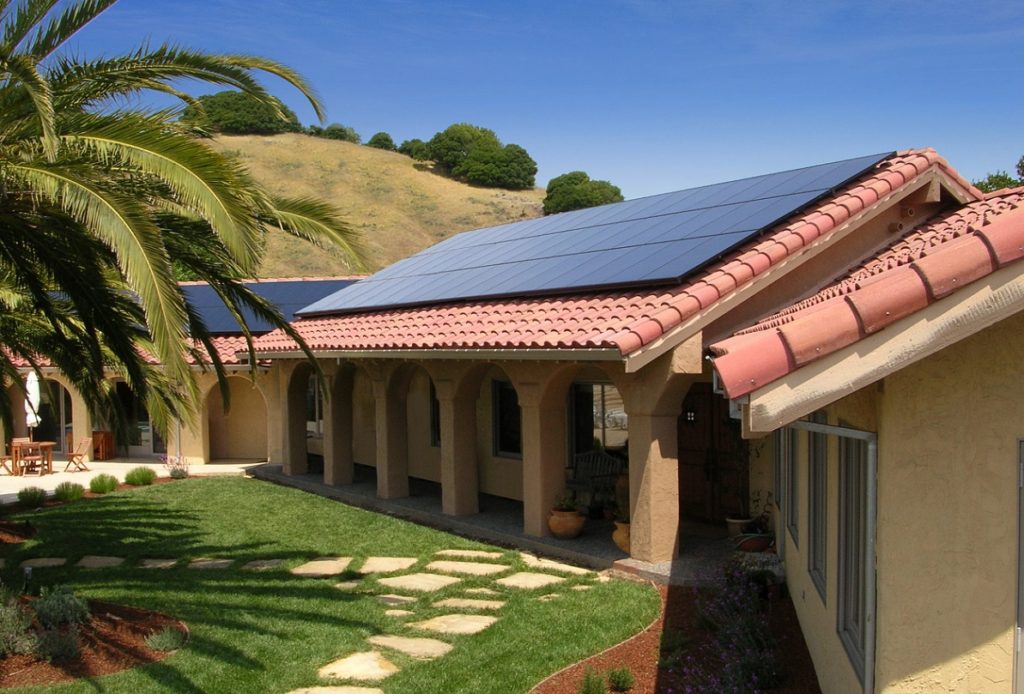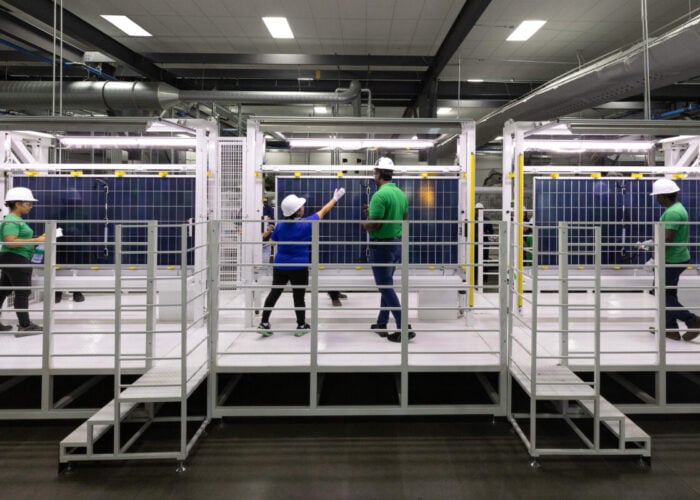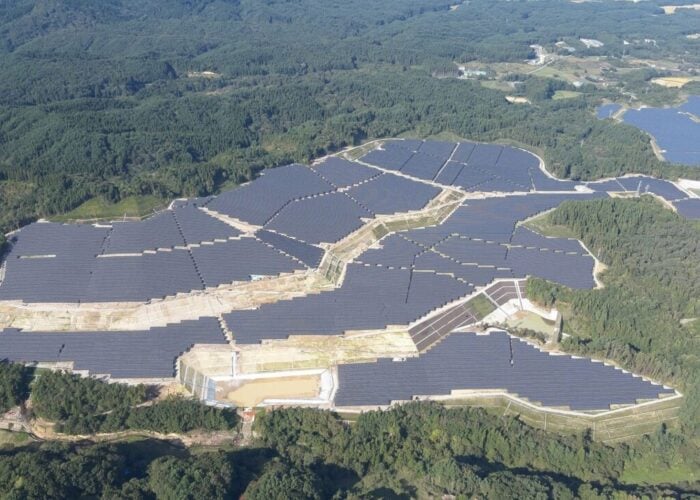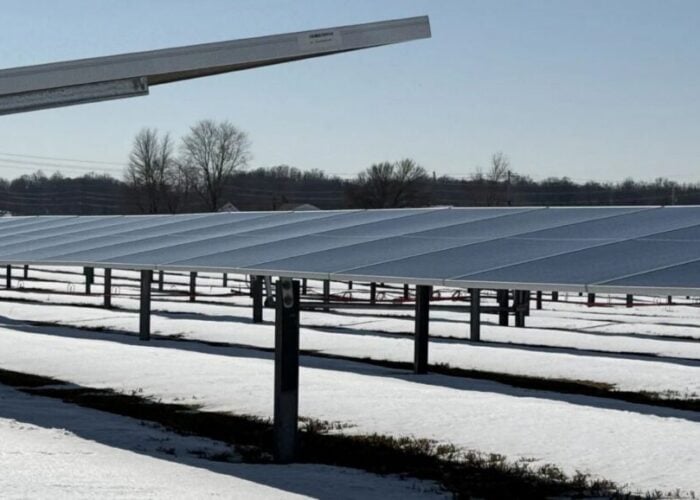
A group of 26 California Congress Members have written to the California Public Utilities Commission (CPUC) urging it to rethink its contentious net metering changes for the state and demanding a “dramatically revised policy”.
The letter to Alice Reynolds, chair of the CPUC, from the cohort of Congress Members – together accounting for more than 60% of California’s 42 Congress Democrats – will add increasing pressure on the CPUC to rethink its proposals, which have been indefinitely delayed amid uproar from a range of parties.
Try Premium for just $1
- Full premium access for the first month at only $1
- Converts to an annual rate after 30 days unless cancelled
- Cancel anytime during the trial period
Premium Benefits
- Expert industry analysis and interviews
- Digital access to PV Tech Power journal
- Exclusive event discounts
Or get the full Premium subscription right away
Or continue reading this article for free
Signatories to the letter applauded the delay to the changes but urged the CPUC to “use the time to look at options that do not harm existing residential solar adopters while achieving an equitable solution for adopters as well as all customers.”
Dubbed NEM 3.0, the proposals would have cut solar export credits by about 80% and added a US$57 per month fixed charge for the average residential system, with this partially offset by a US$15 per month credit for 10 years.
While recognising the need for an update to the net metering rules to “reflect new market conditions”, the group of Congress Members also said, “imposing a tax on solar panels and reducing the rate of solar power exports by as much as 80% will label California as a climate straggler, not a climate leader.”
Research organisation Wood Mackenzie warned the changes, proposed by the CPUC in December 2021, would severely reduce residential PV’s value proposition in California, cutting its solar market in half by 2024.
“We look forward to the CPUC issuing a dramatically revised policy that supports rapid renewable deployment and California’s continued climate leadership,” said the Democratic Congress Members, who outnumber their republican counterparts in the state by almost four-to-one.
The proposals have been widely criticised by the solar industry, climate campaigners and environmental groups. Energy economist and net metering expert Ahmad Faruqui described them as “regressive and out of touch with reality”.
Recent polling conducted by Benenson Strategy Group showed that two-thirds of California’s residents opposed the changes to the state’s net metering laws, with more than 70% thinking state authorities should be doing more to promote solar adoption.






